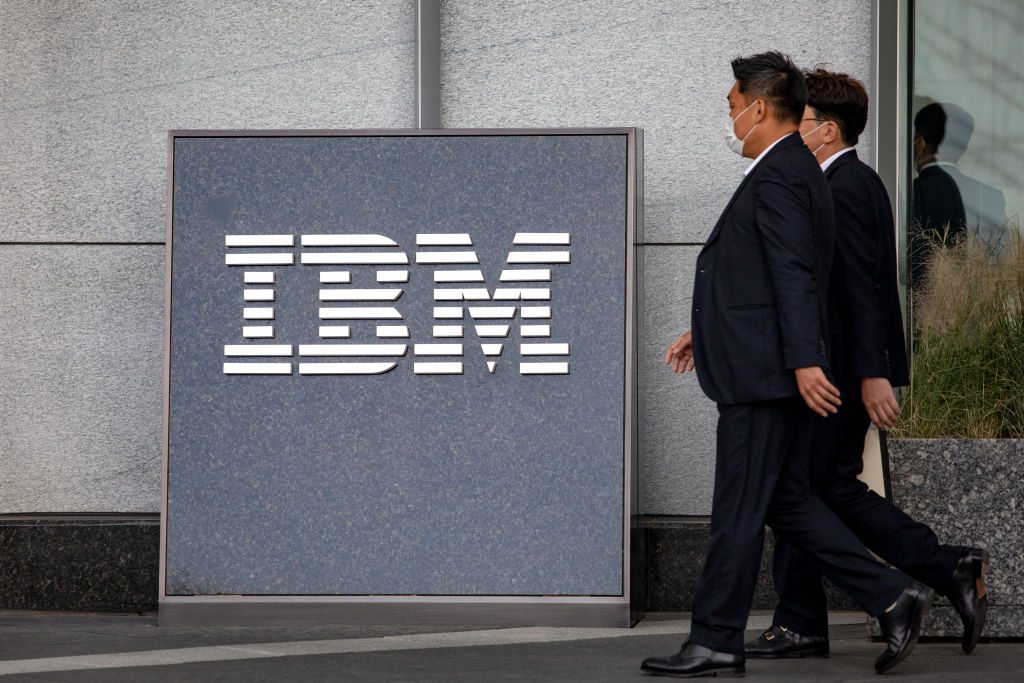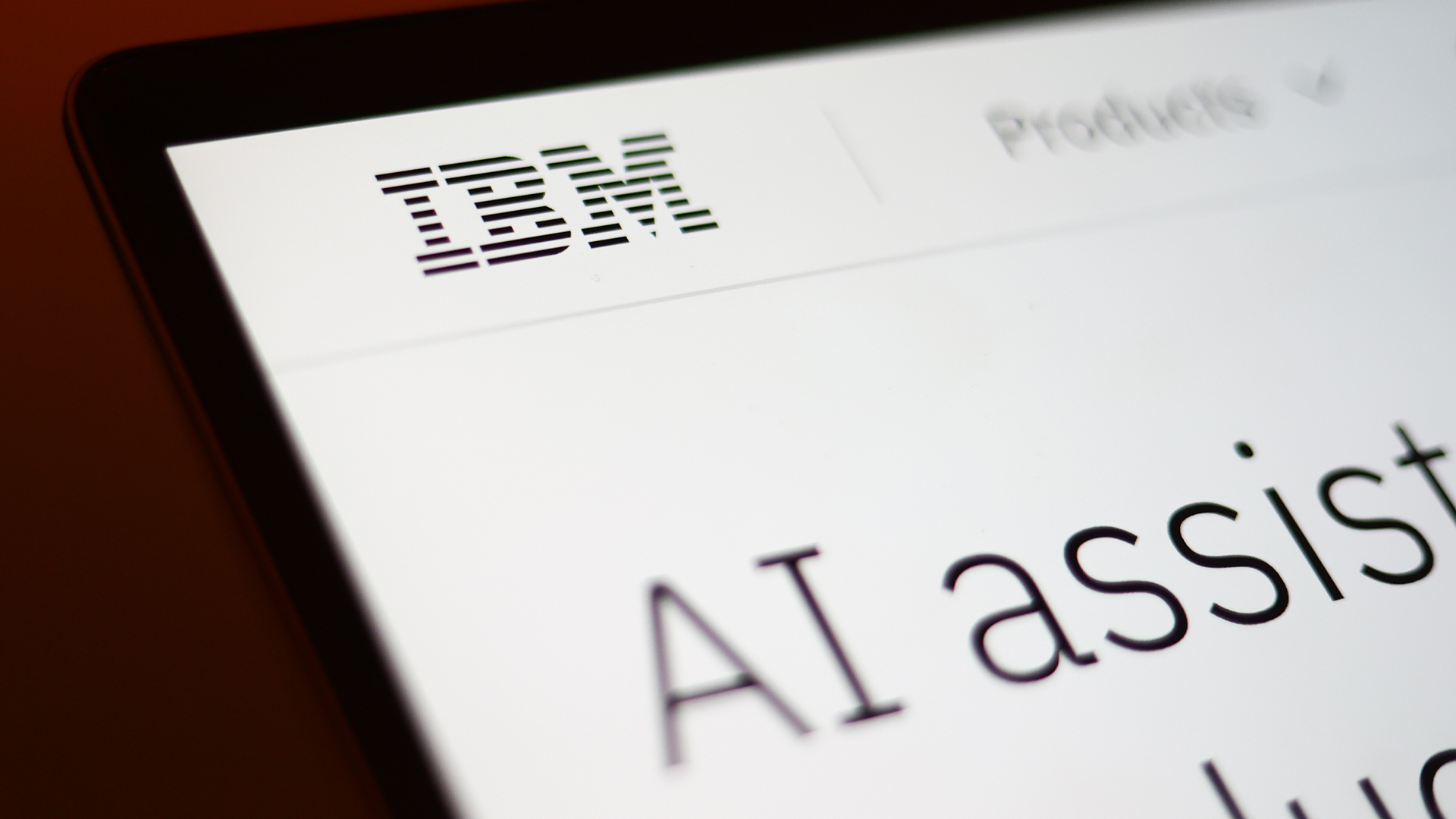IBM launches chip tech for smart power control
IBM has introduced new technology which lets wireless communications be placed onto a single power-management chip.


IBM has produced chip-making technology to enable fast production of super-small power management semiconductors with added communication capabilities.
Claiming an industry first, Big Blue said its technology, known as CMOS-7HV, allows for the integration of wireless communications into a single power-management chip.
This will enable manufacturers to produce chips that can control power usage while communicating in real-time with systems used to measure the output of smart buildings, energy grids and transportation systems.
Furthermore, IBM said CMOS-7HV can help cut production costs by up to 20 per cent and it effectively brings the power of three chips into one, the company claimed.
"Such advancements are critical to the rollout of smart systems where the ubiquity of cheap, single-chip sensors depends on affordable manufacturing technology," IBM said.
It is the company's first move into this area - one considered vital to the development of alternative energy sources and smart buildings, Big Blue said.
Figures from iSuppli have suggested the power-management semiconductors market is set to be a lucrative one. This year the sector is worth $31 billion and this is on track to double by 2014.
Get the ITPro daily newsletter
Sign up today and you will receive a free copy of our Future Focus 2025 report - the leading guidance on AI, cybersecurity and other IT challenges as per 700+ senior executives
"This new process can be used to create new types of affordable wireless sensors, the kind needed to monitor and connect the smart systems coming on line in the next few years - from alternative-energy products being developed by industrial firms to consumer companies looking to deliver mobile entertainment," said Michael Cadigan, general manager for IBM's microelectronics division
The chips could also help with everyday communications devices as well, noted Jeff Hilbert, president and co-founder of Wispry - a provider of wireless chips found in devices like smartphones.
"By enabling more efficient power management in smart phones, IBM's technology opens up the possibility of using smaller, lighter batteries or needing less recharge time to provide the same amount of talk' time, video sharing or picture-snapping."
Last month, it emerged IBM was developing an additional deep-sleep mode for its Power processors to help bring down chip power usage dramatically.
Read on for our analysis of whether green IT is now back on businesses' agenda.
Tom Brewster is currently an associate editor at Forbes and an award-winning journalist who covers cyber security, surveillance, and privacy. Starting his career at ITPro as a staff writer and working up to a senior staff writer role, Tom has been covering the tech industry for more than ten years and is considered one of the leading journalists in his specialism.
He is a proud alum of the University of Sheffield where he secured an undergraduate degree in English Literature before undertaking a certification from General Assembly in web development.
-
 Westcon-Comstor and Vectra AI launch brace of new channel initiatives
Westcon-Comstor and Vectra AI launch brace of new channel initiativesNews Westcon-Comstor and Vectra AI have announced the launch of two new channel growth initiatives focused on the managed security service provider (MSSP) space and AWS Marketplace.
By Daniel Todd Published
-
 Third time lucky? Microsoft finally begins roll-out of controversial Recall feature
Third time lucky? Microsoft finally begins roll-out of controversial Recall featureNews The Windows Recall feature has been plagued by setbacks and backlash from security professionals
By Emma Woollacott Published
-
 Put AI to work for IT operations
Put AI to work for IT operationswhitepaper Reduce the cost and complexity of managing hybrid applications
By ITPro Published
-
 AI in the retail industry is spreading beyond the IT department
AI in the retail industry is spreading beyond the IT departmentNews AI has become a strategic imperative for retailers, delivering marked productivity gains
By Emma Woollacott Published
-
 Maximizing contact center operations with generative AI assistants backed by responsible AI principles
Maximizing contact center operations with generative AI assistants backed by responsible AI principleswhitepaper Reduce the cost and complexity of managing hybrid applications
By ITPro Published
-
 IBM just launched powerful new open source AI models – here’s what you need to know
IBM just launched powerful new open source AI models – here’s what you need to knowNews Available under the Apache 2.0 license, IBM's Granite 3.0 models are trained on enterprise data and can out-perform the competition
By Emma Woollacott Published
-
 Achieving business outcomes with generative AI
Achieving business outcomes with generative AIWebinar Take your hybrid cloud journey to the next level with generative AI
By ITPro Published
-
 Wimbledon’s new Catch Me Up AI feature promises to keep fans up to date at the tournament – after it irons out some of the wrinkles
Wimbledon’s new Catch Me Up AI feature promises to keep fans up to date at the tournament – after it irons out some of the wrinklesNews The latest feature to come out of IBM’s partnership with Wimbledon will keep fans engaged from the early stages right through to the final with dynamic player insights
By Solomon Klappholz Published
-
 AI demands new ways of data management
AI demands new ways of data managementwhitepaper The data leader’s guide for how to leverage the right databases for applications, analytics and generative AI
By ITPro Last updated
-
 AI governance for responsible transparent and explainable AI workflows
AI governance for responsible transparent and explainable AI workflowswhitepaper Build greater trust in your AI
By ITPro Published